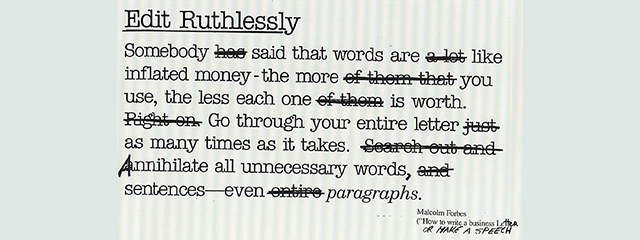
No – not physical babies, but still . . . Every author has been there. You’ve spent hours and hours plotting and writing your story. You have fallen in love with your protagonist and you’re rooting for them to succeed. And, of course, since you’re the author who created them, you can make sure they do. You’re pretty impressed with yourself, for the quicksand you tossed your characters into and the unexpected ways you threw them a line and hauled them out of trouble. It’s your baby and it’s your best work yet.
So, with a smile on your face, you send it off to your trusted critique partners and a beta reader or two. While you wait for them to get back to you, you’re doing your best to focus on a new set of characters with new complications to overcome, but you’re still anxiously awaiting word. You want to hear how wonderfully you’ve woven your story and how terrific your beta readers felt it was. Phrases like “I couldn’t put it down,” or “your love scenes were perfect,” or I never saw that ending coming,” would fill you with a sense of accomplishment and pleasure.
But what if the reports are less glowing? What if one of your beta readers does love your characters and thought the love scenes were hot enough to make them need a cold shower, but….. Always a but. What if they also saw a huge plot hole? What if one of your characters was so totally out of character that they just couldn’t care what happened to them? Or what if the plot and the characters were great, but they found a lot of “stuff” you didn’t really need? Cliché and redundancy.
You could, like some authors who don’t react well to honest critique, or others who decide that they ultimately knew best in spite of a fair consensus to the contrary, go ahead and either publish your work as is, or send off to an agent or editor convinced it will be the best submission they’ll get all year.

Or, you could go back and edit your work, keeping in mind the honest comments your “trusted” readers made. That’s when killing your babies comes into play. If you fix a major plot hole, you might discover that some of the scenes you were the most enamored of are no longer relevant. Places you spent a lot of time getting just the right words to create the perfect picture have to go. You are in love with those words. But if your readers are right, you’ve got to cut them out. It hurts. It’s so hard to let go of those perfect scenes and flowery phrases that didn’t captivate the reader nearly as much as they did you. That’s ‘tough love’ for an author.
As I evolved as an author and began to take such critiques seriously, I still wanted to “save” my best babies so I created a file where I could preserve them. Perhaps I’d find another scene where they would work, or another book maybe. But as it turns out, there are quite a few files on my computer filled with my hopeful saves. When I took the advice offered, more often than not, I discovered my plot was better and stronger without them. And my characters were just as vibrant and loveable.
Just as it was when I was raising my kids, when tough love was hard to dish out, and I steeled myself to do what had to be done and my children grew stronger for it, so it is with my books. 